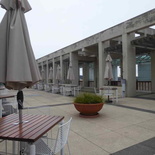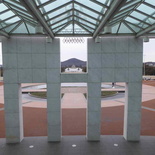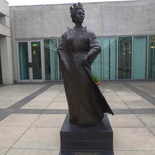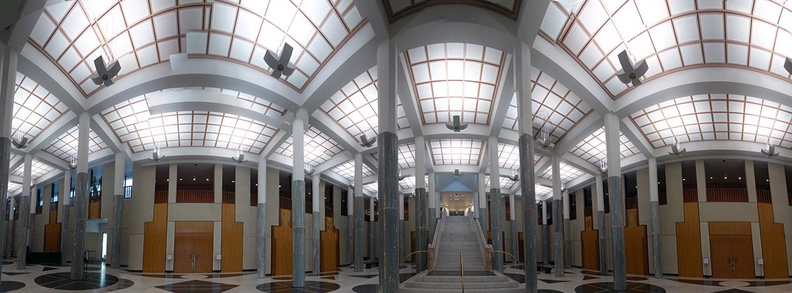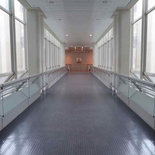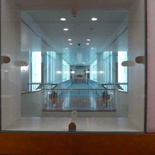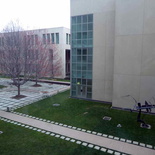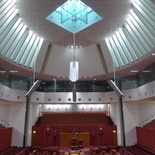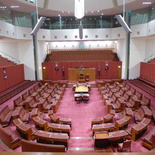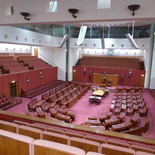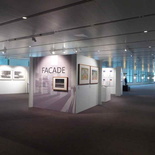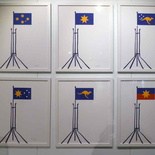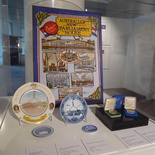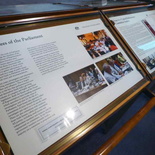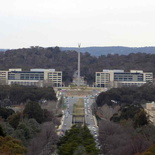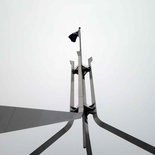City of Canberra and is a chill city on the South eastern part of Australia. It is also home to the Australian parliament which I am going to do a visit and walk through on today.
In Australia, the Parliament is officially called the Federal Parliament. Given Australia colonial roots, it is also known as the Commonwealth Parliament. The locals in Canberra just simply call it the Parliament.
Moreover, the Parliament building is a major visitor attraction in Canberra city. Notably drawing about 1 million visits annually. Also, you get paid parking on the basement of the complex. The area has a light but notable security presence, with a couple of armed guard seen patrolling about the building grounds even when there is no parliament session in progress.
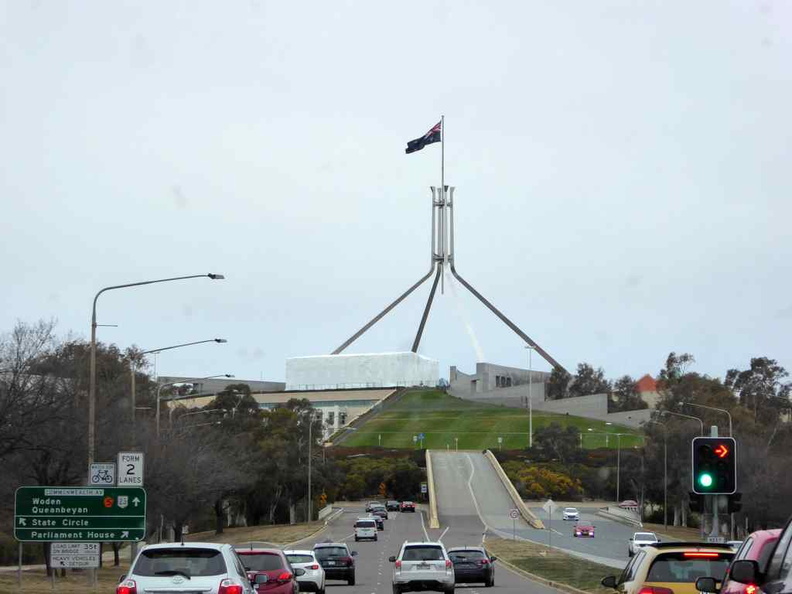
A quick security and bag scan and you are free to explore the chambers in the building at your own time and pace. This is unlike the Singapore Parliament, where movement and photography are strictly controlled.
Parliament Building History
On some history, Australia’s first Federal Parliament opened in Melbourne on 9 May 1901. This is followed by the Provisional Parliament House in Canberra on 9 May 1927. The Provisional Parliament building served since 1927.
Today, this old iconic white building greets you as you enter Capital hill. It is located in front of the newer, current building.
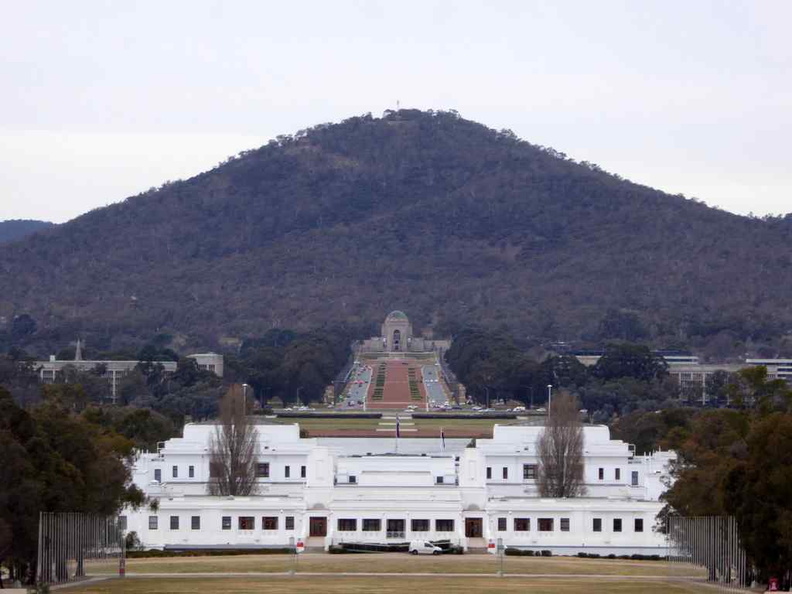
This new Parliament House, opened in 1988, was built into Capital Hill. It sits behind and overlooks the Old provisional Parliament House with it replaces at a cost of about $1.1 billion Australian. The new building sits at a height of 107 meters and is easily distinguishable with a tall flagpole bearing the Australian flag.
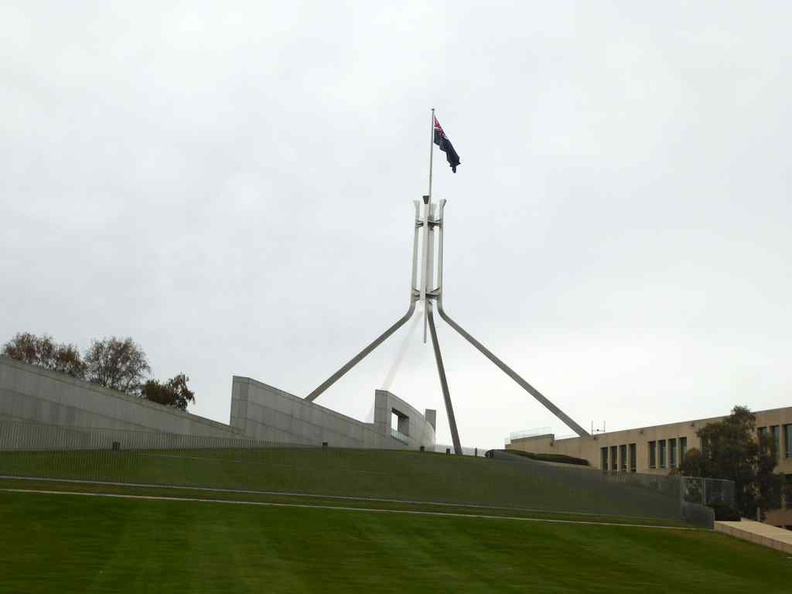
Construction of the building started in the early eighties, on 1981. Additionally, it is completed on 1988. It still has a pretty modern and contemporary design even by today’s standards despite it being about 30 years old. Also, it features a total floor area of about 250 thousand square meters.
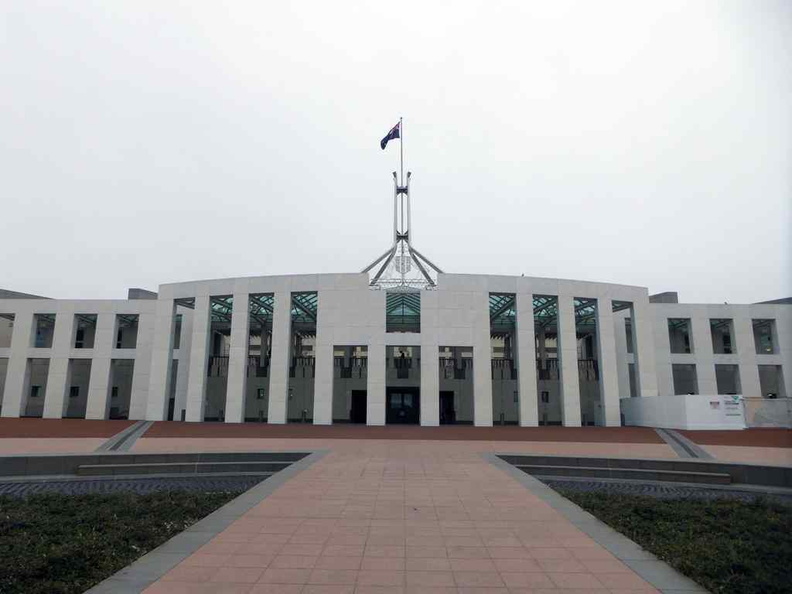
Notably, the building was Inaugurated on 9th May, 1988 by Queen Elizabeth II, Queen of Australia. A statue of her can be seen at the outdoor balcony courtyard area overlooking the front entrance.
A walk up Capital Hill
Additionally, the parliament front court yard sits an expansive open outdoor area. This front architecture forms part of what makes up Capital Hill. This includes the building forecourt and the main grand entrance.
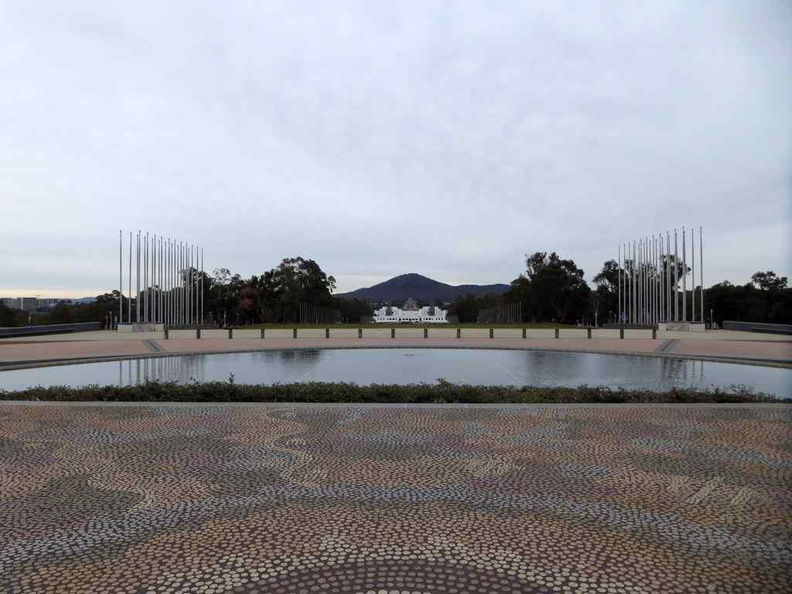
Notably, it is laid in white tiles with two open water pond bodies as water features. Here you can see the old parliament building as well as the Capital hill sitting behind it in the far distance.
Panorama of the Australian parliament front courtyard
Moreover, viewing the courtyard from the front ground level. You can make out the boomerang-shaped design You can see the Parliament building when driving up to it towards Capital hill.
Notably, sitting squarely at the top of the building is coat of arms of Australia. It is distinguished a shield, depicting symbols of Australia’s six states. Also, it is held up by the native Australian animals the Kangaroo and the Emu. Also, it is also officially known as the Commonwealth Coat of Arms, a formal symbol of the Commonwealth of Australia.
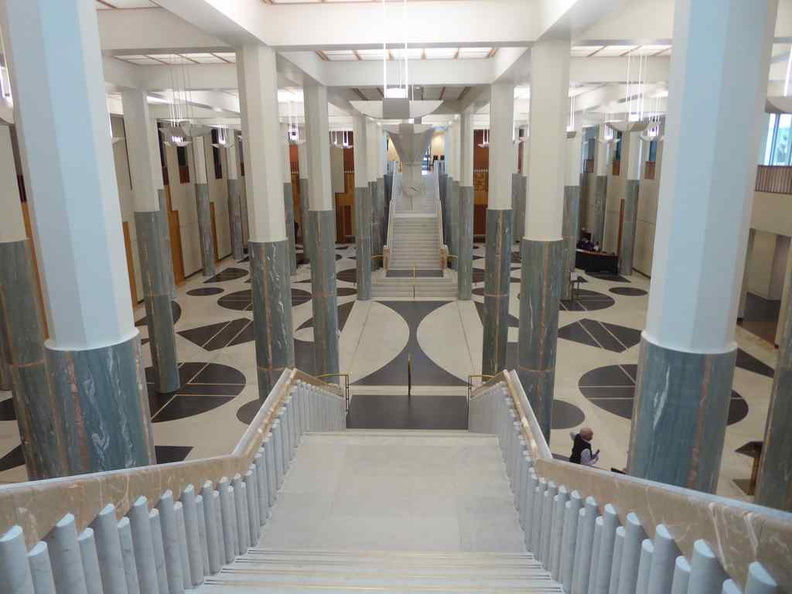
Parliament functions
Furthermore, the Parliament functions as the legislative branch of the government of Australia. Through one of its houses, is able to perform its role as a check on government.
Panorama of the Australian parliament front lobby
Moreover, it consists of three elements. Firstly, the Crown, represented by the Governor-General. The last two being the Senate and the House of Representatives. Each houses have their own chambers right here in the building.
Additionally, Australia has a bicameral parliament. Here, two houses share the power to make laws. There are two main houses inside Parliament. Moreover, the upper house of the bicameral Parliament of Australia is known as the Senate. Correspondingly, the second and lower house is known as the House of Representatives.
The Senate Chamber
Furthermore, the primary role of the Senate would be to protect the interests of the less populous states through equal representation to all states.
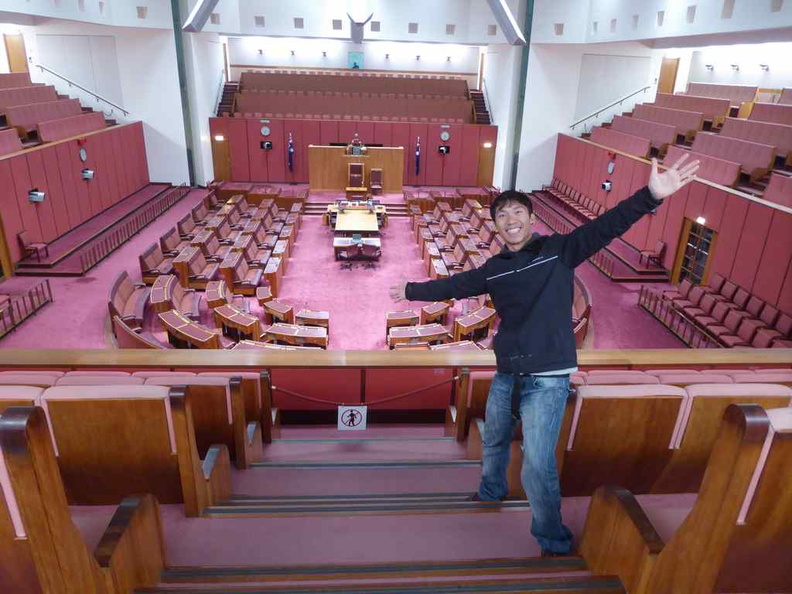
Moreover, there are a total of 76 Senators. They are democratically elected from each of the six Australian states, and with full legislative power representing the voices of the communities they represent.
Furthermore, the Senate chamber spots a two tiered seating area with two galleries flanking the Senate floor and the public viewing gallery at the top. Also, it matches the layout of the House of Representatives.
However, it spots a colour scheme decorated in muted red. The red colour bear tints of ochre, which is suggestive to the colours of the outback and earth.
Panorama of the Australian parliament Senate Chambers
Also, the speaker of parliament sits at the center of the chamber by the front bench and the dispatch boxes. Moreover, as with the custom with UK Westminster parliaments, to the Speaker’s right sits the members of the current governing party. Correspondingly, the Opposition members sits to the Speaker’s left. Lastly, independents and minor parties sit on the cross-benches
The House of Representatives
Additionally, the House of Representatives is the remaining one of the two chambers within the Parliament building. Also, it is commonly referred to as the lower house. It spots a greenish-grey hue in contrast to the Senate Chamber with a similar seating layout.
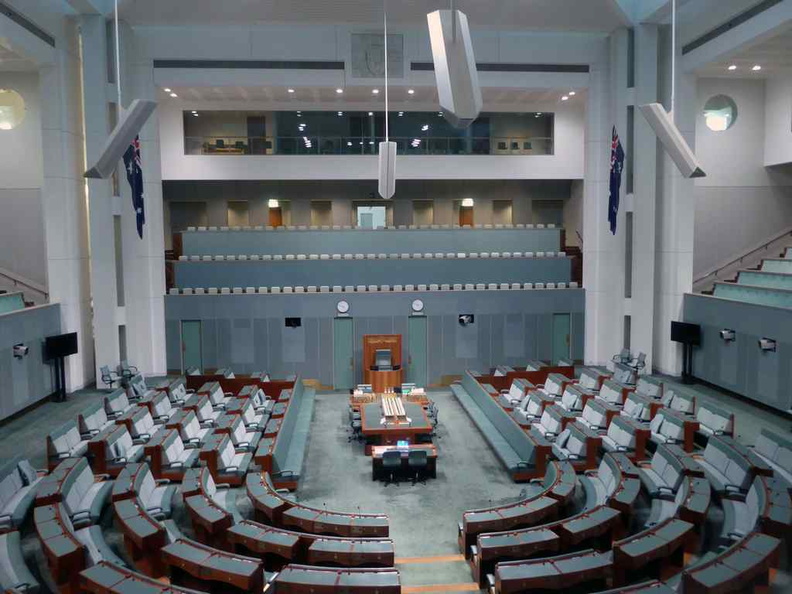
Both the Senate and the House of Representatives debate and pass bills, scrutinize government and represent the people of Australia. Currently, there are 150 representatives democratically elected by the Australian people.
Panorama of the Australian parliament House of Representatives
A sizeable art collection to boot
Lastly, if you call the Australian Parliament House an art gallery, you are not wrong either. The building spots over 6 thousand art collection works of art significance to Australia. You can view them freely at the inner building which connects the two houses (chambers) together.
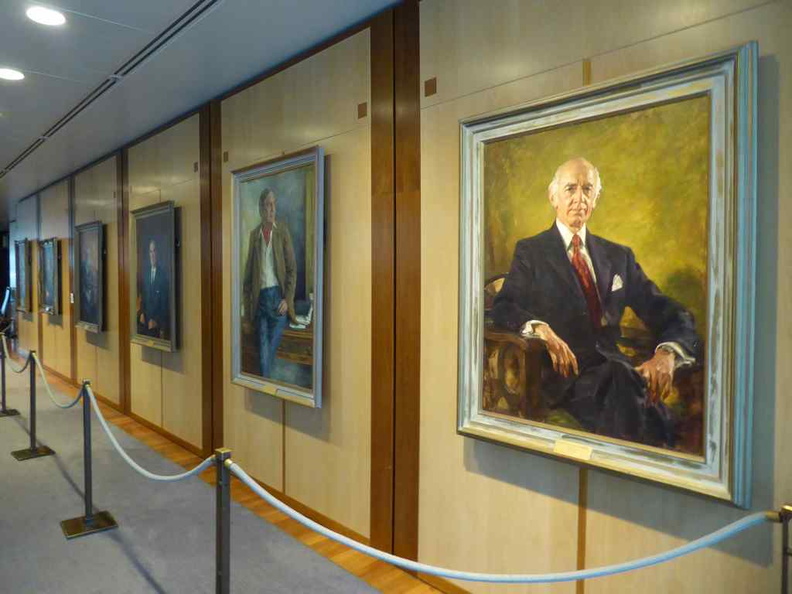
Furthermore, physical items are displayed encased in glass boxes and display stands. Items includes gifts and artwork depicting the Parliament building itself. Also, the building gift shop stocks some novelty items of the building you can purchase too.
Additionally, Portraits, including commissioned (and purchased) wall paintings of every Australian prime member of the Australian Parliament are hung along the walls here. Also, these paintings includes every prime minister, governor-general, president of the senate and speaker of the house.
Lastly, you are good checking out the Australian parliament building for about 2 hours tops. Also, it is recommend to head there in the weekdays and on days where there are no parliamentary sittings where there will be fewer visitors around. It is not uncommon to see school groups during field excursion trips on your visit on those weekdays.
All in all, definitely a highlight to check out when you are in Canberra.
Check out more photo of the Australian parliament building here.


